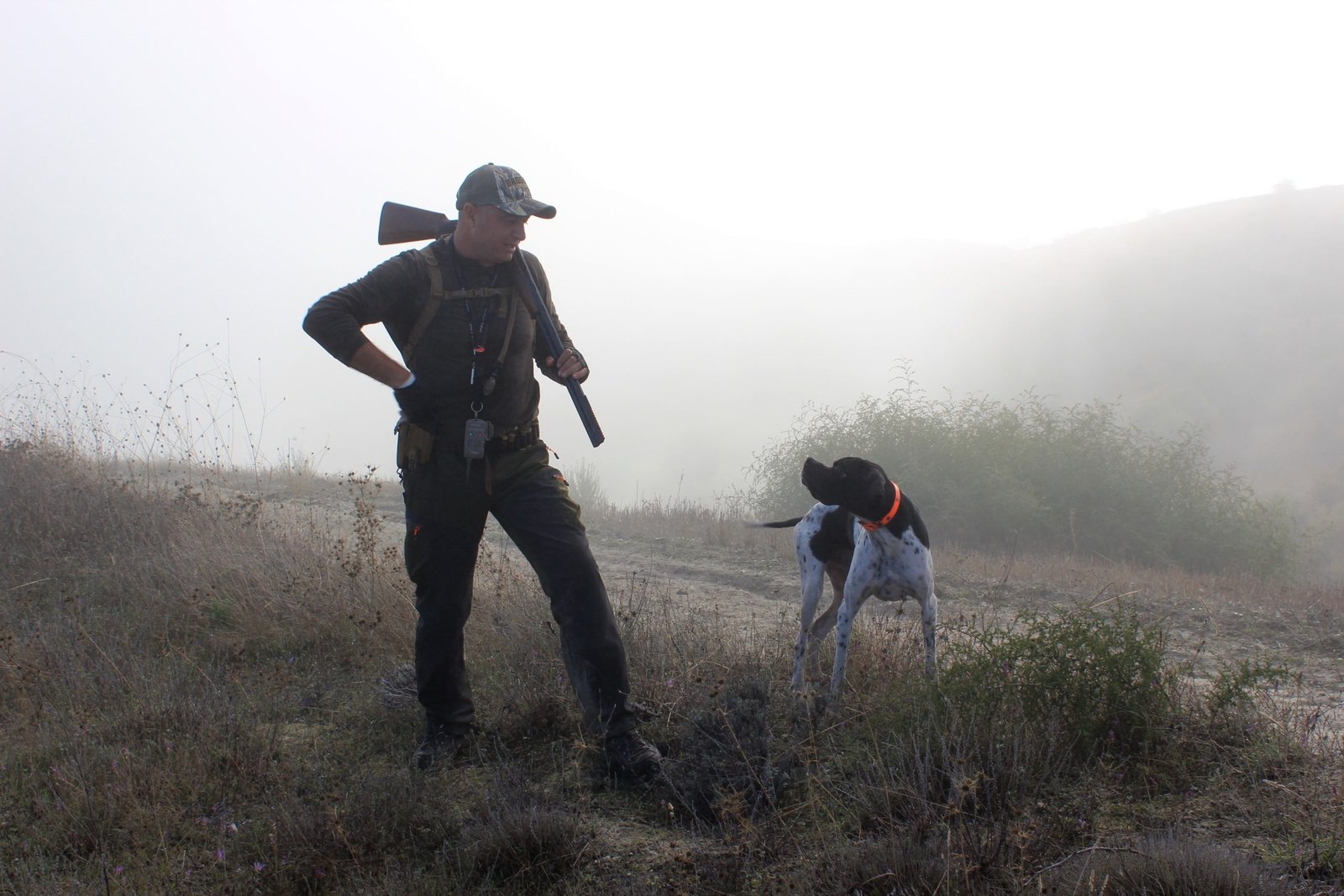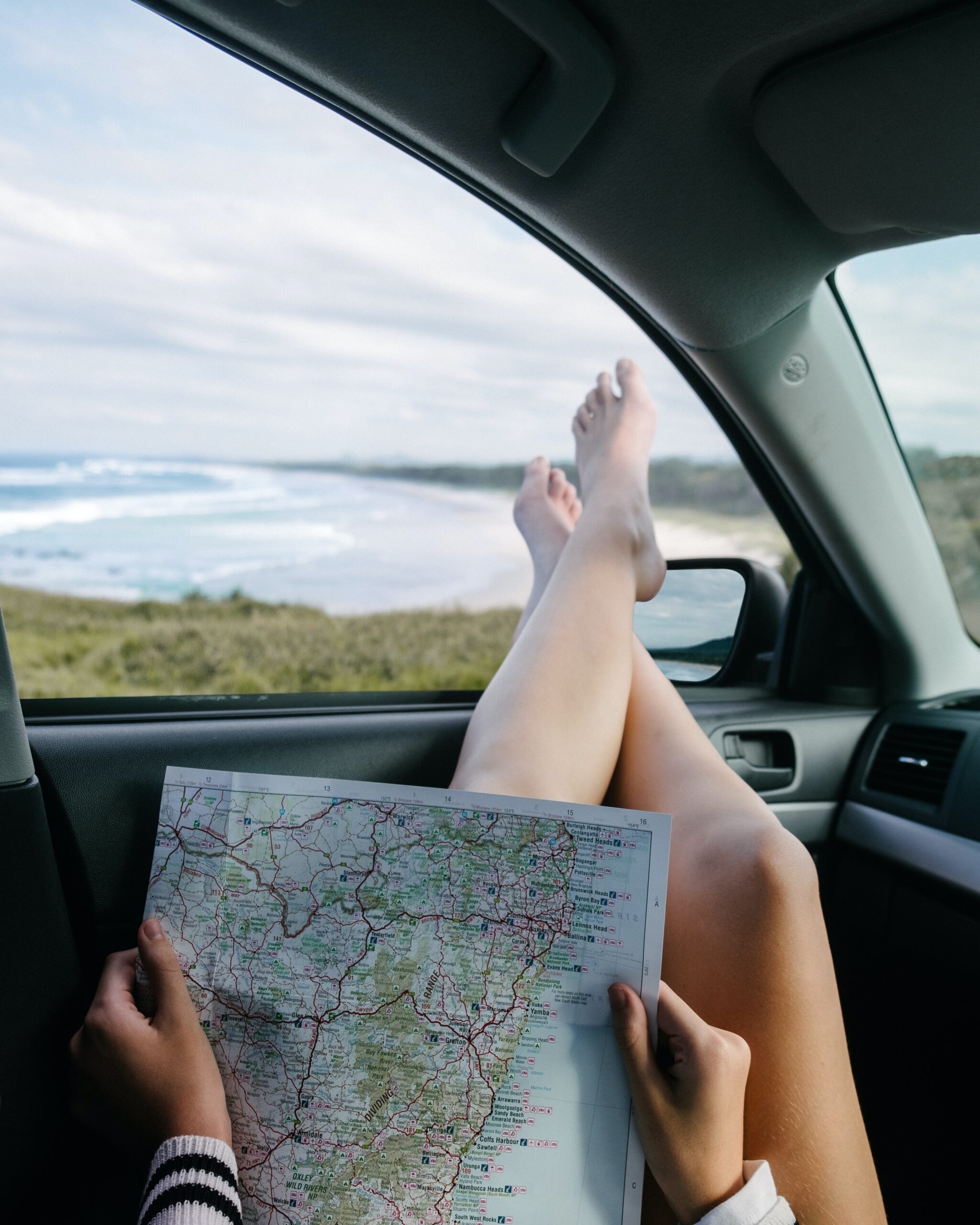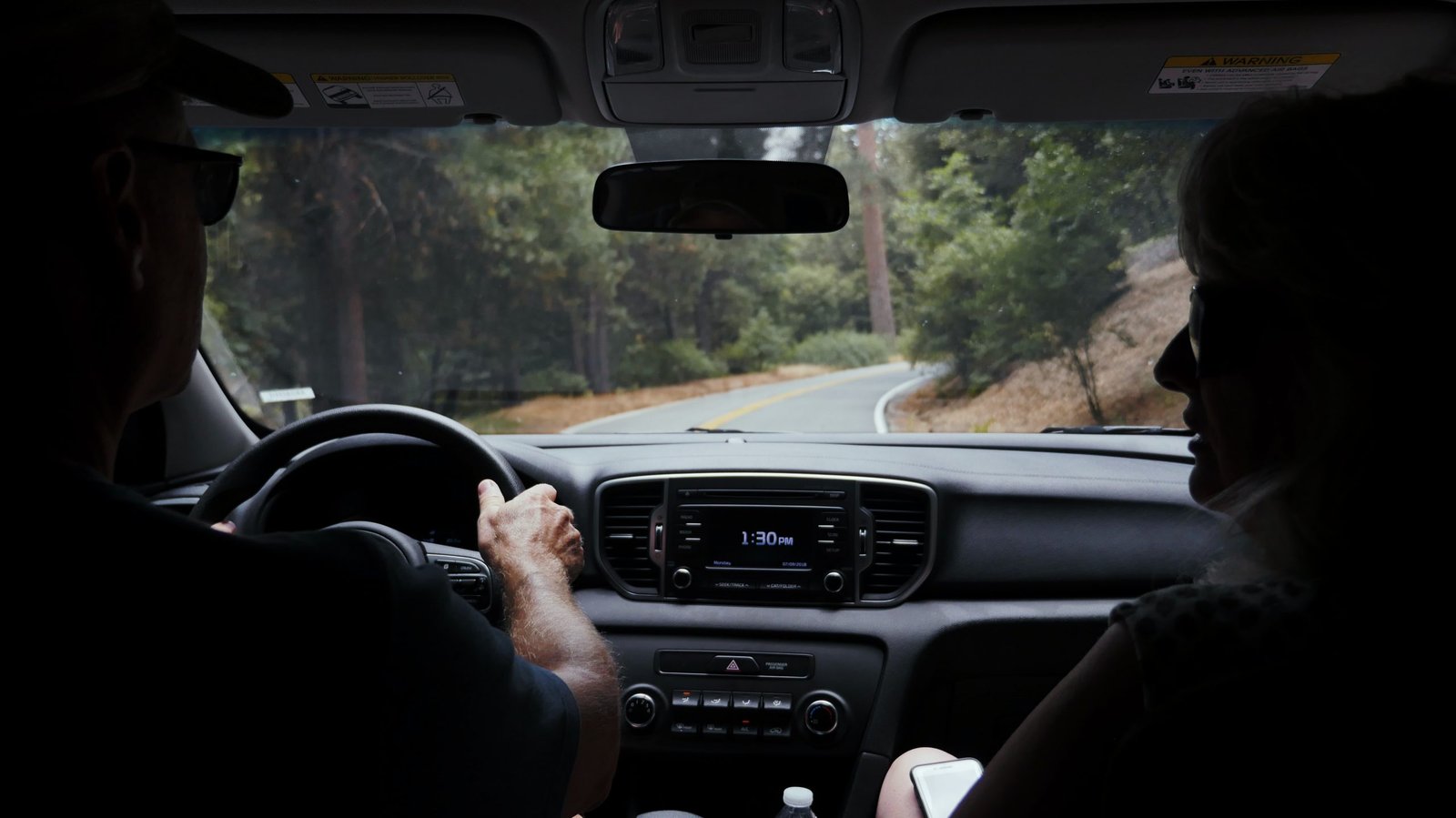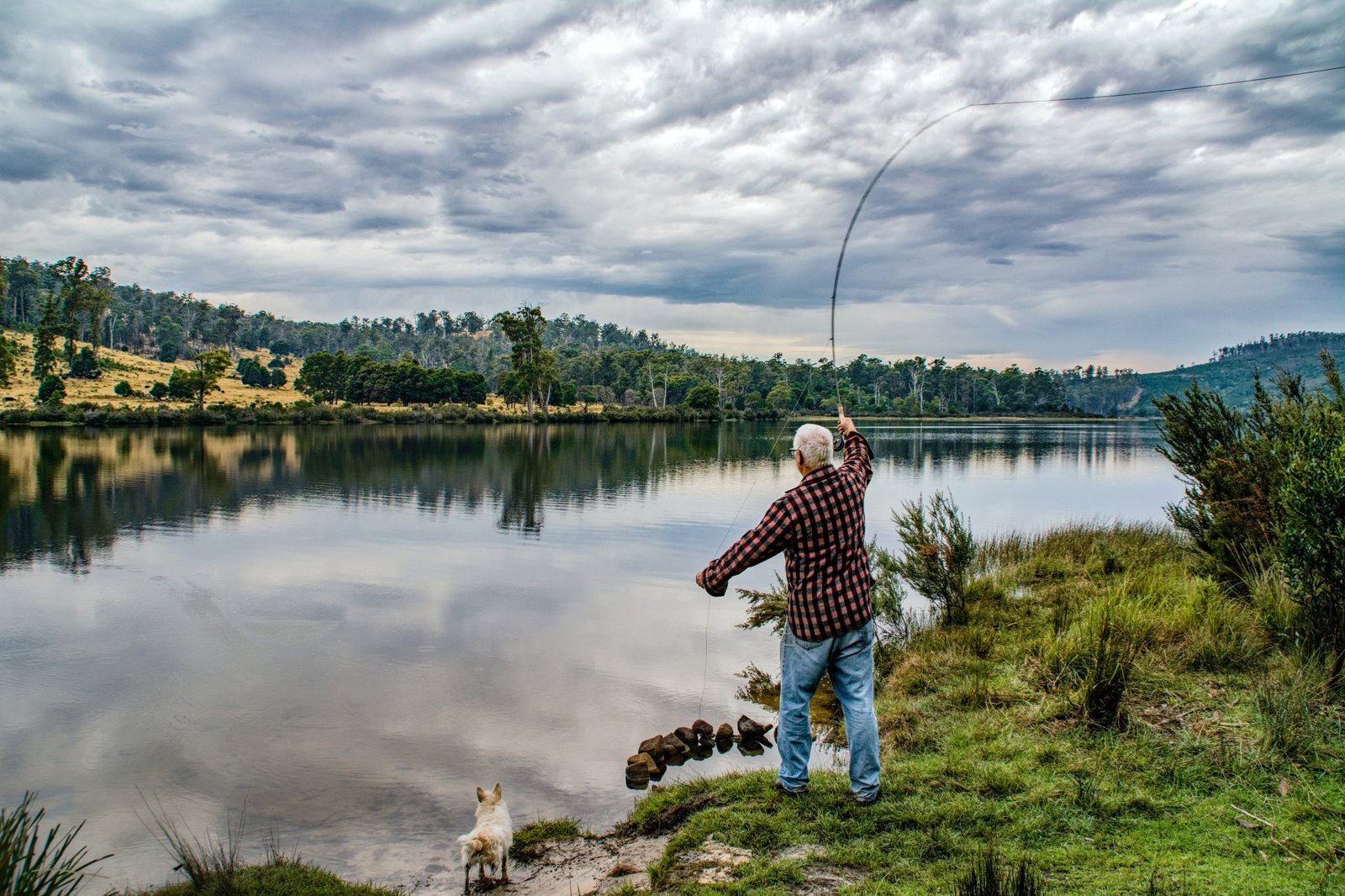Hunting is a popular sport enjoyed by many people all over the world.
For those who are new to hunting, it can be a little challenging trying to figure out where to start.
This guide will provide you with all of the information you need to get started, as well as what you need to bring with you on your first hunt!
1) Do some research
Doing your research before you hunt is a key element to being successful and safe. It is important to know the laws and regulations of the area you plan to hunt in, as well as the type of game that can be found there. Additionally, it is beneficial to learn about the terrain, vegetation, and weather conditions that might affect your hunt. Learning some of the common behaviors and signs of animals will also help you better track them down while hunting.
Furthermore, it is essential to understand your own hunting skill set, such as practicing shooting at a range or attending an educational course on hunting safety. Knowing how to effectively use firearms and other hunting tools like a Red Dot Sight will ensure that you are confident when it comes time for you to take aim and fire. Additionally, using proper equipment such as protective clothing, first-aid supplies, navigation devices, communication tools, and tracking devices all need to be taken into account when preparing for a hunt.
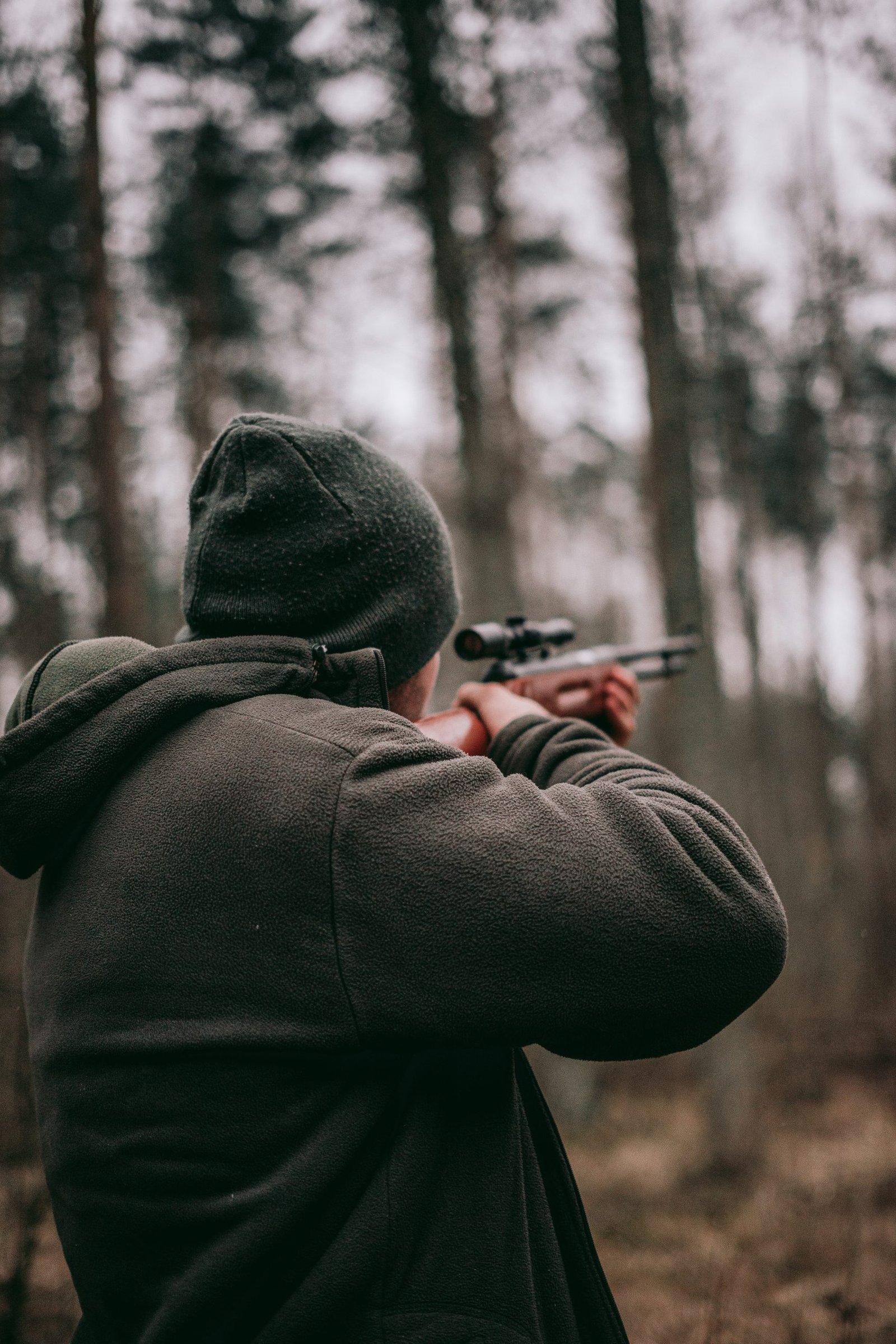
2) Get the appropriate gear
When it comes to hunting, having the right gear from Pulsar is essential. You’ll want to make sure you have all of the necessary equipment for a successful hunt. This includes firearms, ammunition, scopes and other optics, game calls, lures and decoys, blinds and treestands, game bags and sacks, knives, boots and camo clothing. It is also important to have other items like flashlights or headlamps to help you get around in the dark while on your hunt.
3) Learn proper shooting techniques
Knowing how to use your firearms safely is vital when it comes to hunting. Learning proper shooting techniques such as aiming down sights (ADS), trigger control, and sight alignment should all be practiced at a shooting range before you ever head out into the field. Additionally, understanding ballistics and how various types of ammunition react in different weather conditions can help you make more accurate shots on target.
4) Practice hunting safely
Safety should always come first when it comes to hunting. It is essential to learn the laws and regulations that regulate hunting in your area, as well as following the proper safety protocols while out in the field. This includes wearing blaze orange clothing or vests to identify yourself to other hunters, knowing your limits when it comes to physical strain and fatigue, setting boundaries with other hunters, avoiding alcohol or drugs while hunting, and never shooting without being sure of your target and beyond. You should also invest in and wear ansi Z87+ prescription shooting glasses, or other similar eye protection, whilst out in the wild. Not only will shooting glasses enhance your vision, making it easier to spot faraway targets, but they will also protect your eyes from any natural debris or dust.
In conclusion, learning how to hunt is an exciting experience that can reward you with a lifetime of memories. Using the tips outlined in this guide will get you well on your way to becoming a successful hunter.

